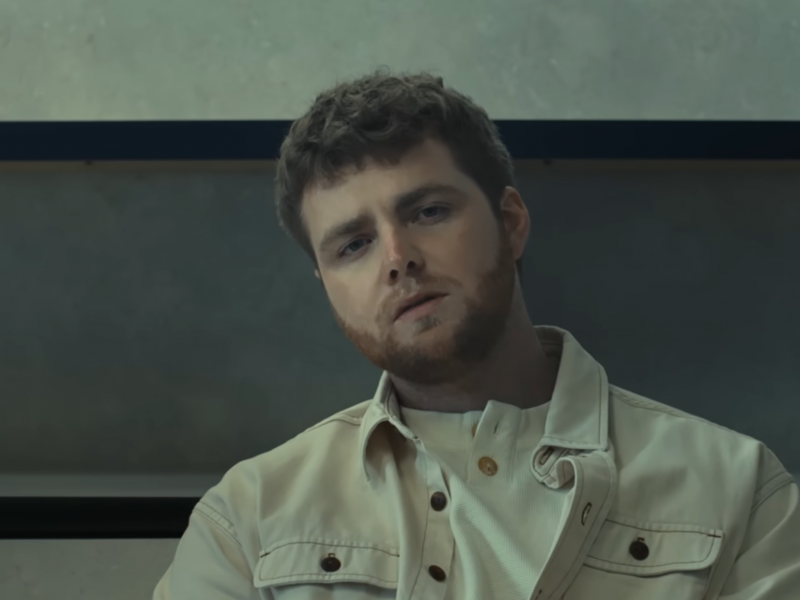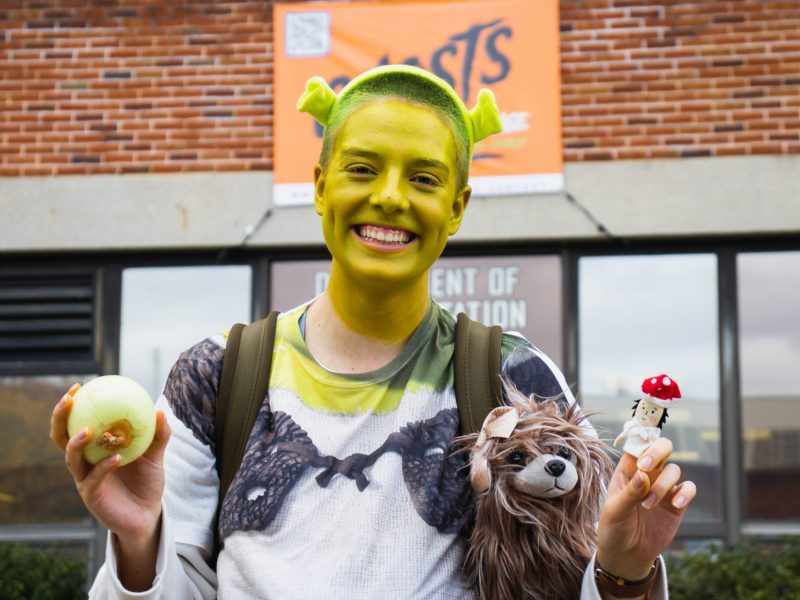Any time there is a publicized criminal case, I am going to hear about it. If it’s not through videos on TikTok, then there most likely will be a documentary made about it. It seems every new murder case or trial is accompanied by an audience obsessed with every detail.
True crime has long been a source of entertainment and has taken on several different forms, such as podcasts, documentaries and television series. However, the media’s obsession with it has started to become largely unproductive. The amount of attention this genre attracts only creates more momentum for the trend to continue. While it’s fairly common to be interested in true crime, there is a point where you risk glorification.
Most recently, the Netflix documentary Murdaugh Murders: A Southern Scandal came out less than two weeks before the official verdict was reached in Alex Murdaugh’s trial — and it wasn’t the only one. Months earlier, a series following the same case premiered on HBO Max. The fast pace at which these series are being produced only brings more internet questioning and speculation. This is a familiar pattern for these platforms, and it is not the first time they have used crime for viewership.
[Jonathan Majors’ arrest shows the ugly side of stan culture]
Late last year, Netflix released Monster: The Jeffrey Dahmer Story, which received criticism for not contacting any of the victims’ families about the show. In a personal essay written for Insider, Rita Isbell, the sister of one of Dahmer’s victims, wrote that she wished Netflix would’ve asked them before creating the show.
Whether or not the intended purpose is to highlight the victims’ stories and have a positive impact, we’ve reached a point where many cause more harm than good. Production companies and streaming services are ultimately looking for a story that is going to sell, despite the impact it has on those really involved. When these companies prioritize entertainment value over impact, you can only expect the same from the audience.
People all over social media — but particularly on TikTok — seem to lose sight of the fact they are talking about real people and actual events. As they blame suspects or speculate on different theories, publicized crime cases get treated more as if they are fiction. It’s important to remember that despite what anybody might think, or how much we speculate, TikTokers and influencers are not experts in this area.
[TV shows are cultural snapshots — and shows should acknowledge the pandemic’s impact]
The crimes these people committed, or the people they impacted, will eventually become overshadowed by everybody’s fascination with each detail of the case. As long as people continue engaging with this type of media, it is not going to stop. The true crime phenomenon begs the question of how people should go about consuming or creating media that puts bad people at the center of attention.
While I don’t have a definitive solution, I do think it’s important to be as respectful as possible in these circumstances. It might be best to pay attention to the people truly impacted by these things and listen to how they would like the story told.



